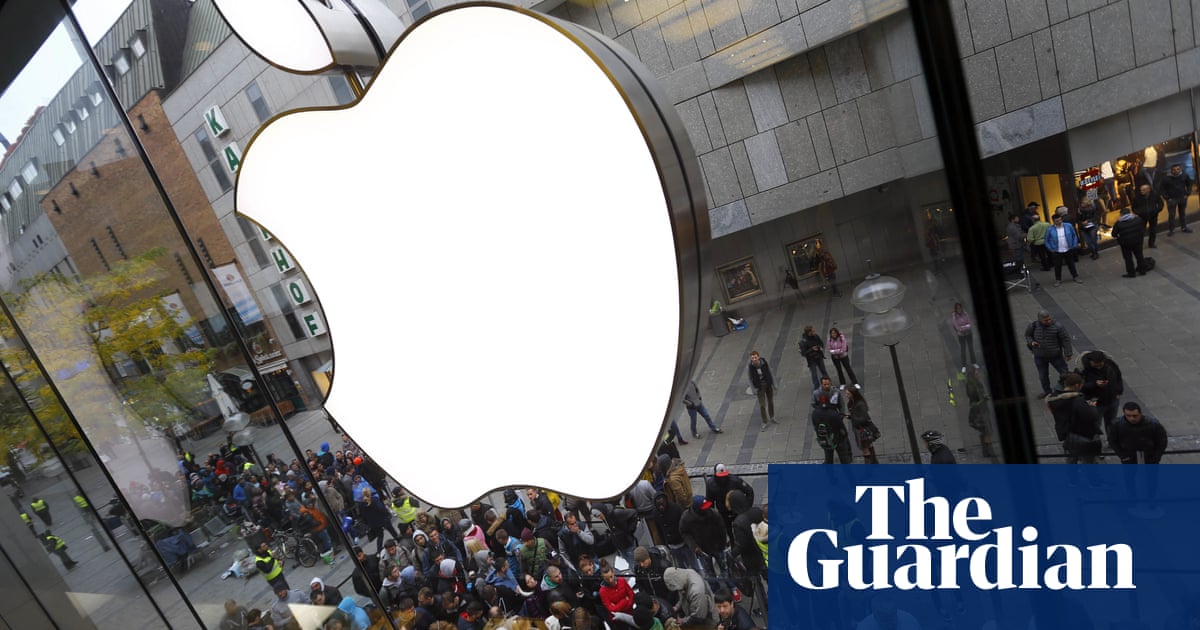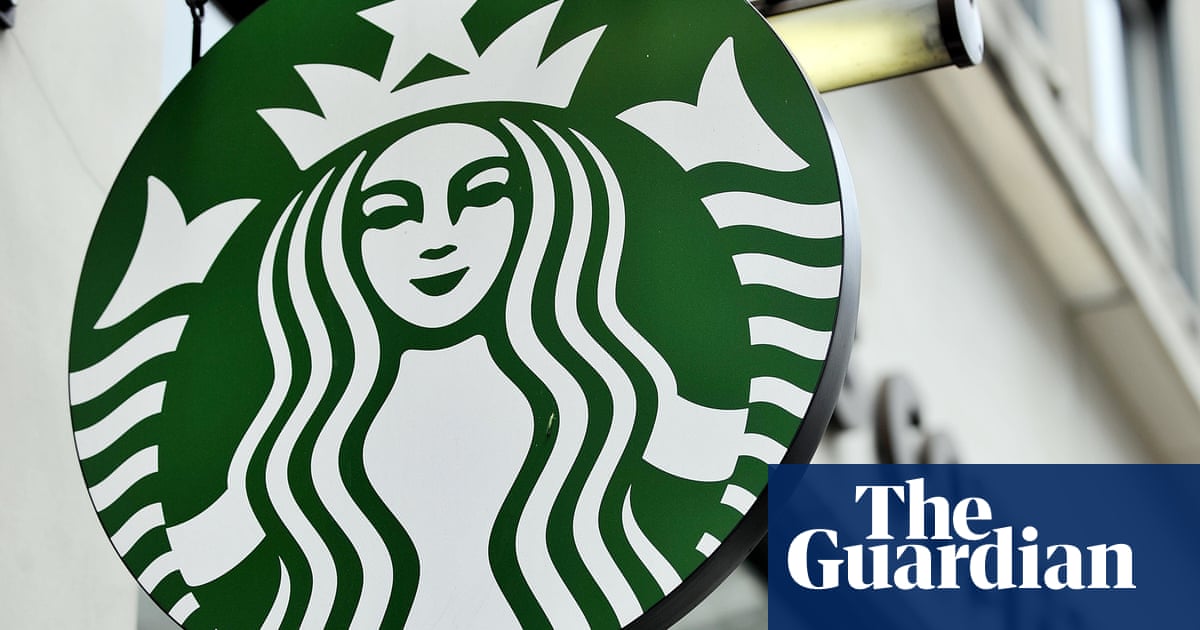
EU fails to show Starbucks benefited unfairly
LUXEMBOURG: Starbucks won its fight on Tuesday against an EU demand to pay up to €30 million ($33 million) in Dutch back taxes, while Fiat Chrysler Automobiles lost its challenge against an order to stump up a similar amount to Luxembourg.
Both cases were part of European Competition Commissioner Margrethe Vestager’s crackdown on unlawful tax breaks offered by EU countries to multinationals, which has also extended to Apple’s Irish deal and Amazon’s Luxembourg deal, among others.
The judgments show that the General Court, Europe’s second-highest, generally endorses the European Commission’s methodology in its tax crackdown but stipulates the Commission must do its homework properly to prove its case — a bad omen for Apple fighting a record €13 billion Irish tax order.
It is an important victory for the Commission, said Dimitrios Kyriazis, head of Law at New College of the Humanities London.
“Regardless of the outcome of individual cases, the General Court seems to have sanctioned the Commission’s approach,” he said.
In Starbucks’ case, the EU competition enforcer failed to show the coffee chain benefited unfairly from the Dutch tax deal.
“The Commission was unable to demonstrate the existence of an advantage in favor of Starbucks,” judges said.
The Dutch Finance Ministry said the judgment showed it was treated the same as other companies.
Starbucks also welcomed the ruling, saying it had not received any special treatment from the Netherlands and that it “pays all of its taxes wherever they are due.”
In a separate ruling, the Court upheld the Commission’s decision against Fiat’s Luxembourg’s tax deal, saying that the Commission had applied its state aid rules correctly to assess if there was an illegal advantage and was not seeking to harmonize tax rules across the bloc.
It also agreed with the Commission’s finding that the Luxembourg tax ruling was a selective one, meaning that such rulings were not available to all companies.
The Commission said in 2015 Starbucks and Fiat Chrysler set prices for goods and services sold between subsidiaries, known as transfer prices, that were below market rates and which artificially lowered their taxes.
The losing side can appeal to the Court of Justice of the EU.
Luxembourg, the Netherlands and Ireland are among countries whose economies have benefited from attracting multinationals. They have amended their tax regimes in recent years following the EU tax drive.
The European Commission is currently investigating Ikea AB and Nike Inc’s Dutch deals and Huhtamaki Oyi’s Luxembourg tax ruling.












